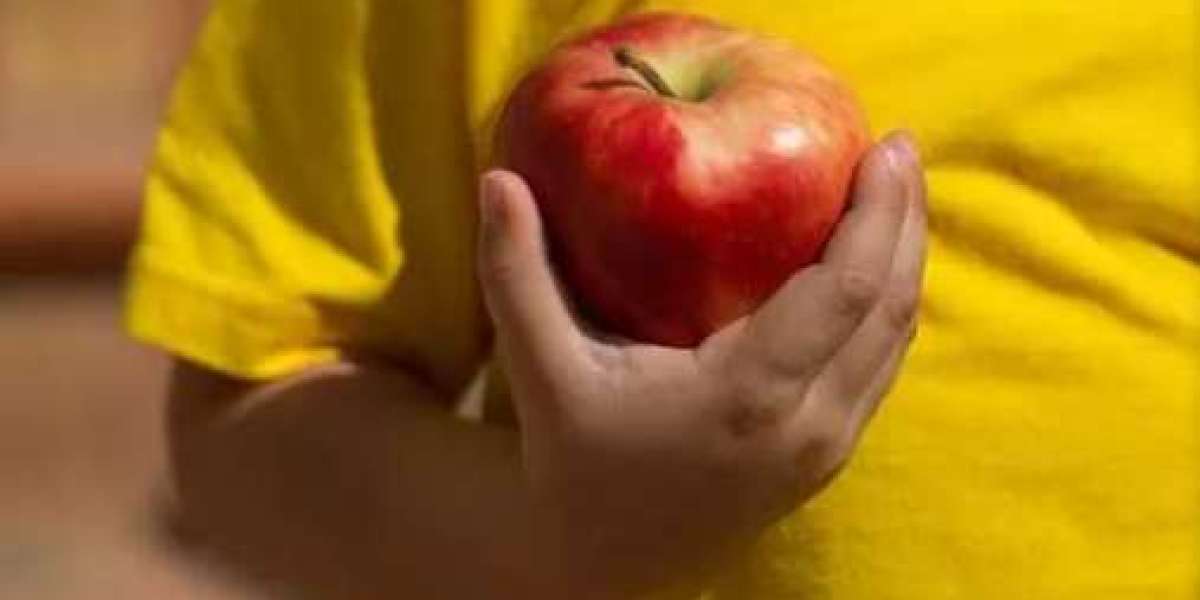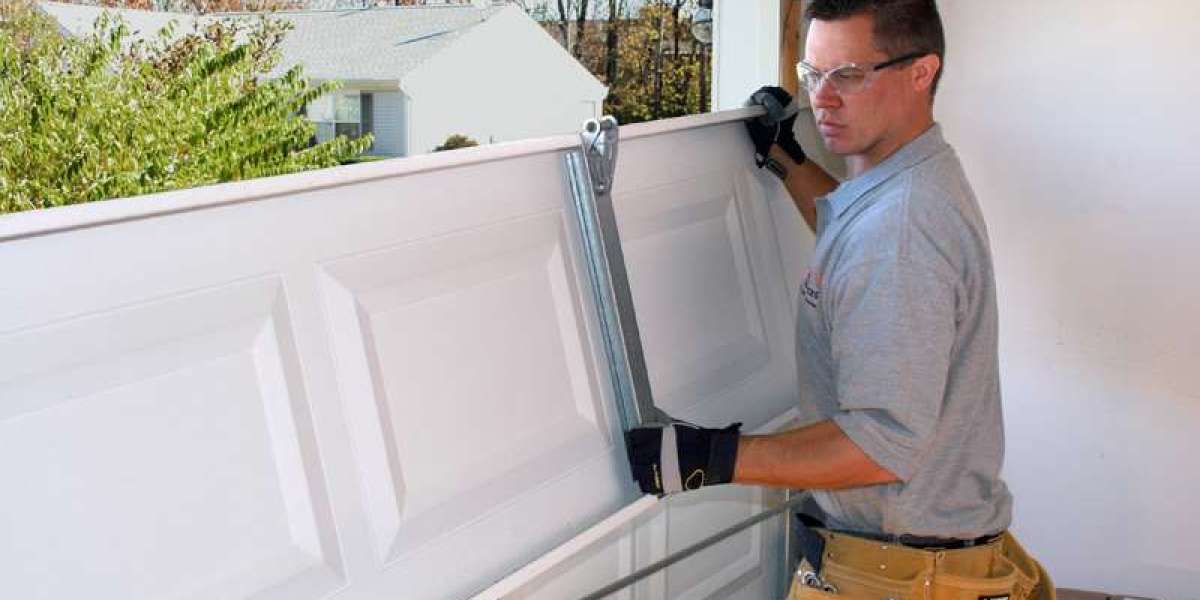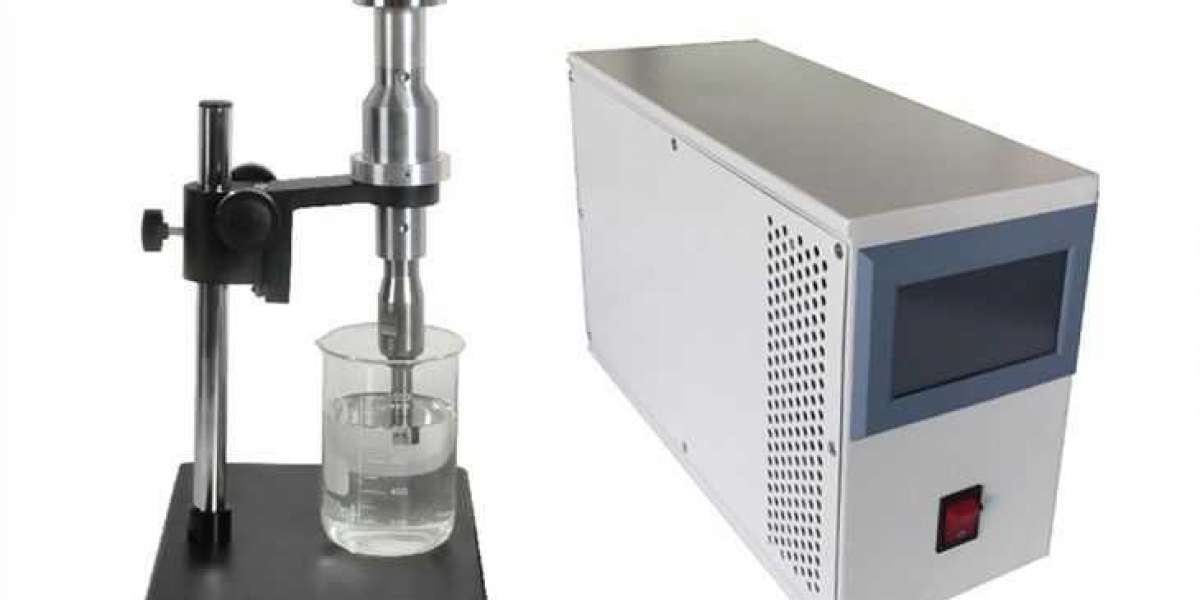Introduction:
- Apples have a limited shelf life and can go bad if not stored properly.
- Known for delicious taste and health benefits, apples require careful handling to maintain freshness.
Factors Affecting Shelf Life:
- Variety: Different apple varieties have varying shelf lives.
- Harvesting and Storage Conditions: Optimal harvesting time and proper storage conditions impact longevity.
- Ripeness: Purchasing firm and slightly unripe apples can extend their shelf life.
- Handling and Bruising: Careful handling prevents bruising, which accelerates spoilage.
- Storage Method: Apples should be stored in a cool, ventilated place away from other produce.
How Long Do Apples Last:
- Shelf life depends on storage conditions.
- Room temperature: 1 to 3 weeks; Refrigeration: 2 to 4 months; Freezing: 8 to 12 months.
Fresh Apples Shelf Life:
- Proper storage in a cool, dark place extends shelf life.
- Different varieties have varying shelf lives (e.g., Granny Smith lasts longer).
Signs of Spoiled Apples:
- Changes in appearance, foul smell, and off-putting taste indicate spoilage.
- Apples should be inspected regularly for signs of mold, soft spots, or an unpleasant odor.
Moldy Apples Safety:
- Moldy apples are unsafe to eat due to mycotoxins produced by mold.
- Mold may penetrate deep into the apple, making it impossible to completely remove.
Proper Apple Storage:
- Choosing the right apples, keeping them cool, and checking for spoilage are crucial.
- Apples should be stored away from direct sunlight and in breathable containers.
- Damaged apples should be removed promptly to prevent spoilage of the batch.
FAQ:
- Addresses common questions about the shelf life of apples, causes of spoilage, and safety concerns.
- Emphasizes the importance of proper storage and visual inspection to ensure freshness.
Search
Popular Posts
-
 AC Malta - Stay Cool and Comfortable with DL Group's Air Conditioning Solutions
By dlgroupmalta
AC Malta - Stay Cool and Comfortable with DL Group's Air Conditioning Solutions
By dlgroupmalta -
 Maximizing Crop Potential: The Benefits of METROP Concentrate Liquid Foliar Fertilizer
By metropstores
Maximizing Crop Potential: The Benefits of METROP Concentrate Liquid Foliar Fertilizer
By metropstores -
 Discover Excellence in 3D Printing - Buy Creality 3D Printer at WOL3D Coimbatore
Discover Excellence in 3D Printing - Buy Creality 3D Printer at WOL3D Coimbatore
-
 A Convenient Way to Fix MetaMask Login Connection Issue
By rosekxffsf
A Convenient Way to Fix MetaMask Login Connection Issue
By rosekxffsf -
 What is Satta Matka?
What is Satta Matka?



